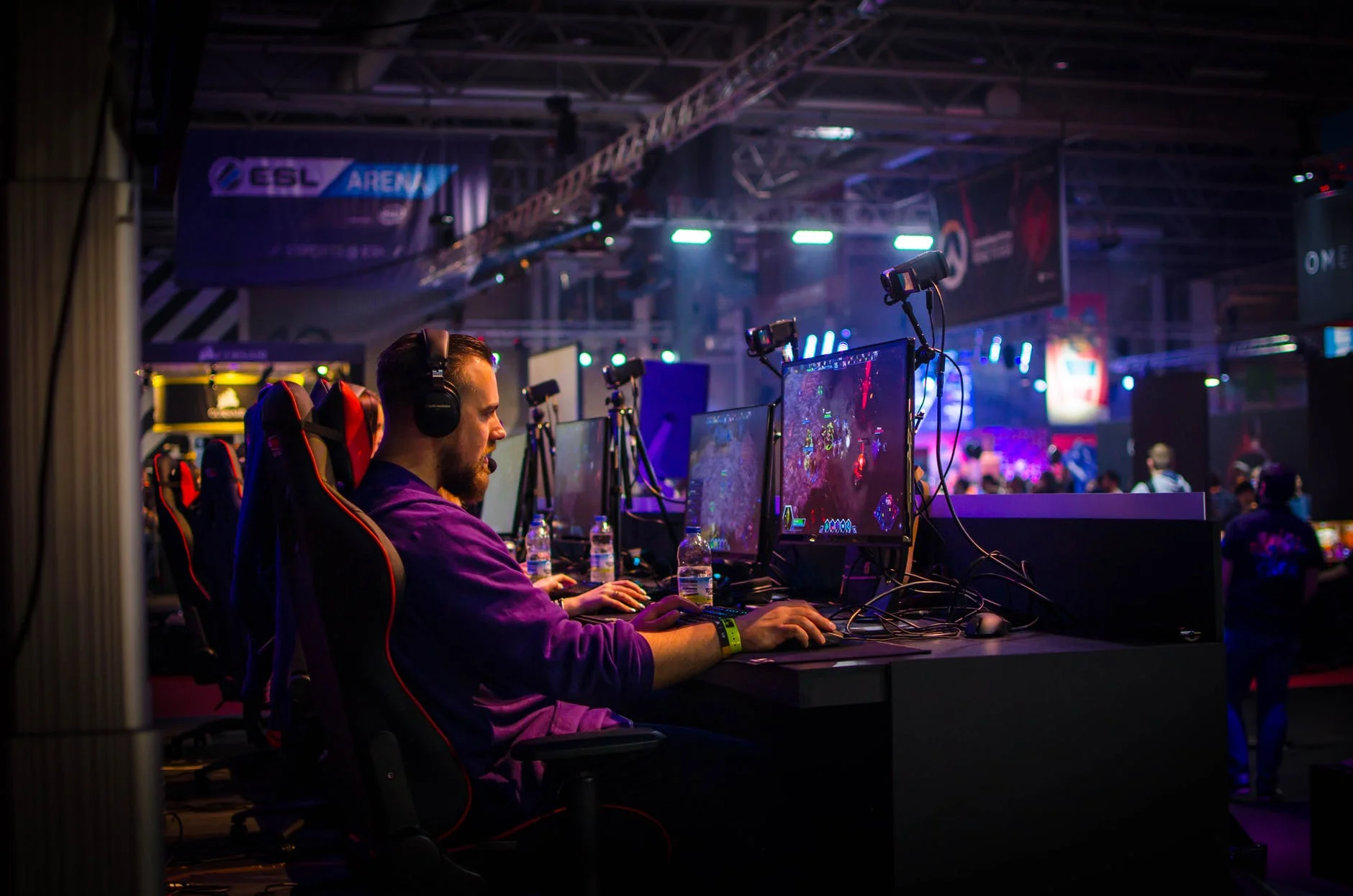In today’s world of technology it seems everything is turning digital – and now even sports are following the trend. Electronic sports or “ Esports” are video game competitions between individual players or teams that can be either in the form of a tournament or season play (like most traditional sports). The growth in popularity of esports over the past few years has been astonishing, especially among millennials. In 2016 the global esports audience was 323 million viewers. That number increased to 385.5 million in 2017 and is expected to hit about 600 million by 2020. Global revenue totaled $696 million in 2017 and is expected to grow to $1.49 billion – that’s right billion with a B – by 2020. The business has grown so lucrative that professional gamers routinely pull in prizes of over $1 million for winning a single tournament.
Since esports is an industry based on intellectual property (each game is its own piece of IP), what does this growth mean for the owners of the IP? Well so far we have more questions than answers. The biggest complication with esports is that there is an extra party involved in the business compared to regular sports – the game developers. The people or corporations who create the games are not the same people or corporations who organize the leagues and tournaments. This begs the question of who has ultimate control over the game and how it’s used. Imagine a situation where the NFL organized an American football league but the actual game of football was owned by another company. Who would rightfully be able to control the rules, licensing agreements, broadcasting deals, league regulations, promotional initiatives, and other league functions? Clearly this presents a problematic situation. So far this situation has been largely avoided through the use of detailed contracts between league organizers and game developers that specifically outline each party’s legal rights. Nonetheless, the question of what IP rights are held by the game developers still remains and will surely take center stage as the industry develops.
Another IP question presented by esports has to do with the athletes themselves (whether or not video gamers should be referred to as athletes is another question raised but not one we will get into here). In traditional sports, player focused IP based on the image and brand of a particular athlete is big business. Superstar athletes like Lebron James and Tom Brady have arsenals full of trademarks that they profit off of. The issue with esports is that viewers do not see the actual athlete – rather they see the athlete’s digital avatar. The question here is who owns that digital avatar? Most would say that the avatars are part of the game and thus owned by the game developers. This would make it very difficult for gamers to create a personal brand and image (because no one knows what their real face/body looks like). Another tool gamers have to identify themselves and their brand is their gamer tag (an online alter ego used to identify the gamers while playing). As of now no one has tried to trademark a gamer tag and it remains to be seen if that would be possible.
As we move forward, esports will continue to challenge and maybe even start to supplant traditional sporting events. But as the industry grows esports will need to face the legal questions above. For somethings the esports industry can look to traditional sports and learn something from them. For example, esports athletes currently are not represented by agents like athletes in traditional sports are. Perhaps if the gamers sought representation they would be better protected from exploitation and would be more able to overcome some of the obstacles listed above in building a personal brand. However, some issues they are faced with are unique to them and the industry will have to trail blaze a new path forward if they want to survive.

